Vegetarian Delights in Bosnian Cuisine
11 min read Explore flavorful vegetarian dishes that showcase the rich culinary heritage of Bosnia and Herzegovina, emphasizing fresh ingredients and cultural traditions. June 18, 2025 12:05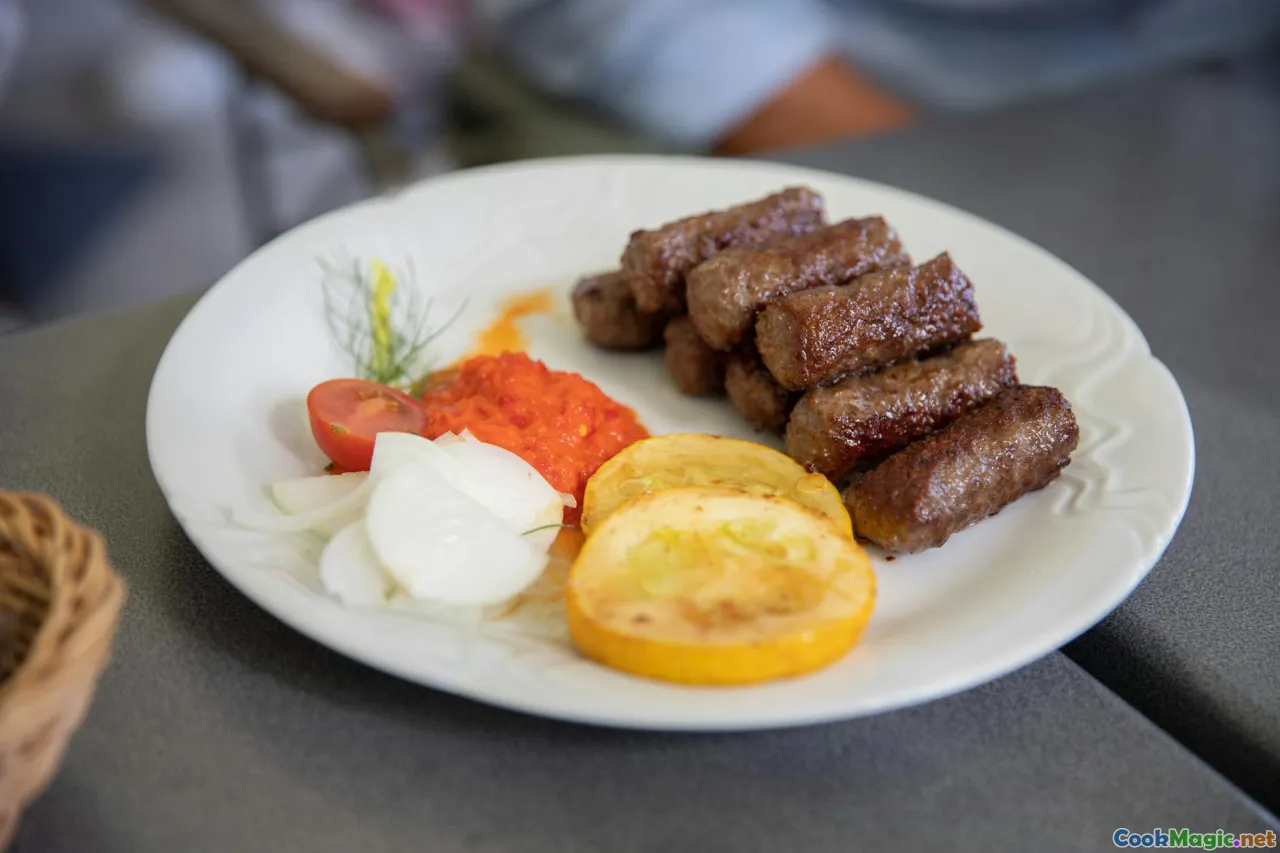
Vegetarian Delights in Bosnian Cuisine
Nestled at the crossroads of Central Europe and the Balkans, Bosnia and Herzegovina boasts a rich culinary tapestry woven from centuries of cultural influences—from the Ottoman Empire's flavors to the hearty mountain traditions of the Dinaric Alps. While meat has traditionally played a significant role, an increasingly vibrant array of vegetarian dishes reveals a deep heritage of plant-based cooking that celebrates seasonal produce, herbs, and ancient culinary secrets. Exploring vegetarian delights in Bosnian cuisine is like opening a centuries-old cookbook—one that cherishes simplicity, regional flavor, and the soulful essence of natural ingredients.
In this journey, we'll traverse lush markets, rustic village kitchens, and bustling city restaurants, tasting the aromatic treasures that elevate vegetables, grains, and legumes from mere side notes to center-stage stars. But beyond the ingredients and techniques, discovering these dishes offers a window into Bosnian culture—a reflection of resilience, tradition, and a profound respect for nature's bounty.
The Heart of Bosnian Vegetarian Cooking: Foundations and Philosophy
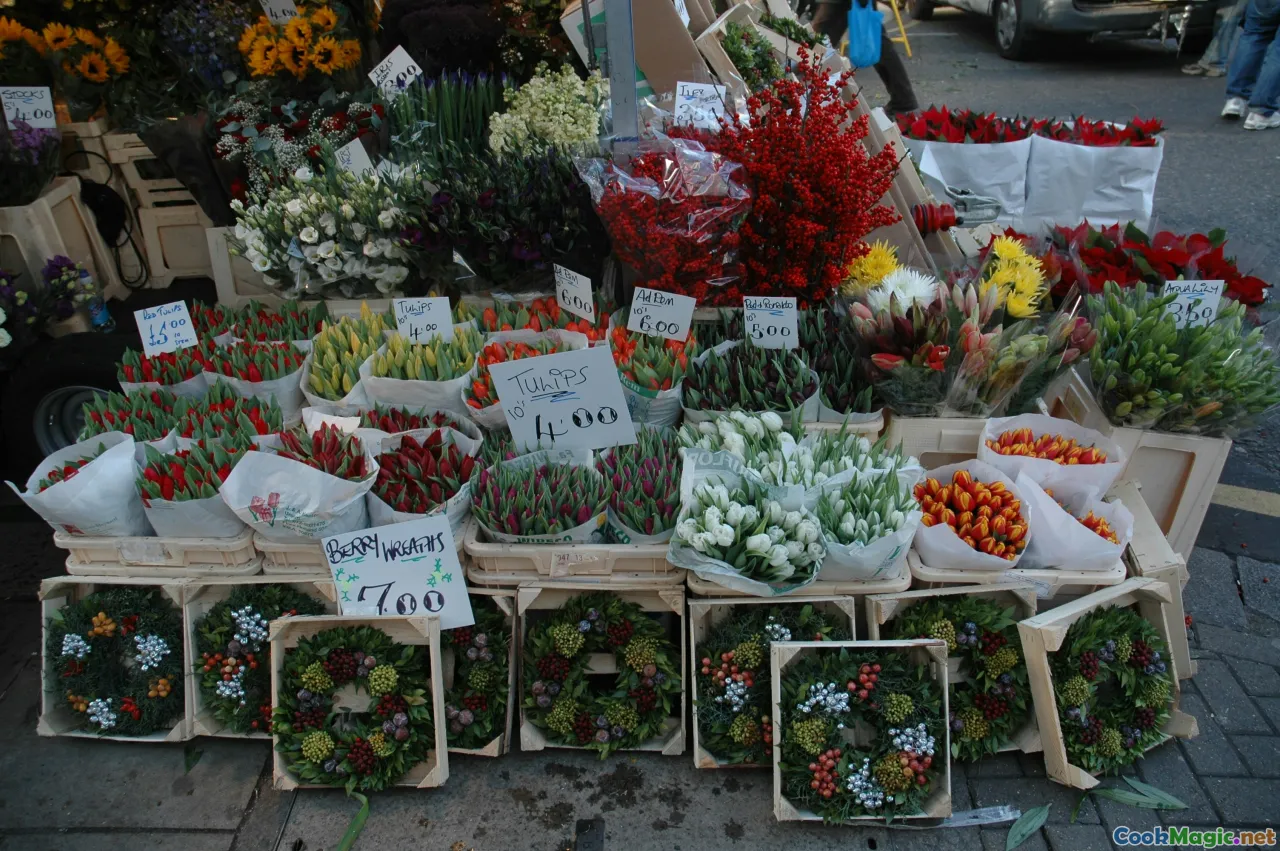
Bosnian vegetarian cuisine is rooted in a philosophy of harmony—balancing flavors, textures, and seasonality. Historically, the rugged terrain and harsh winters necessitated preservation methods, like drying, pickling, and fermenting, enabling communities to enjoy consistent nutrition year-round. These techniques adapted beautifully to vegetables and legumes, fostering a culinary tradition that values resourcefulness.
Herbs such as parsley, dill, mint, and za'atar-like wild mixtures fill the air with invigorating aromas, guiding the hand in seasoning millions of veggie-based dishes. Olive oil, pajs, and vinegar add layers of richness, while the communal spirit of sharing such dishes restores a sense of belonging and cultural continuity.
Traditional Vegetarian Dishes That Stand the Test of Time
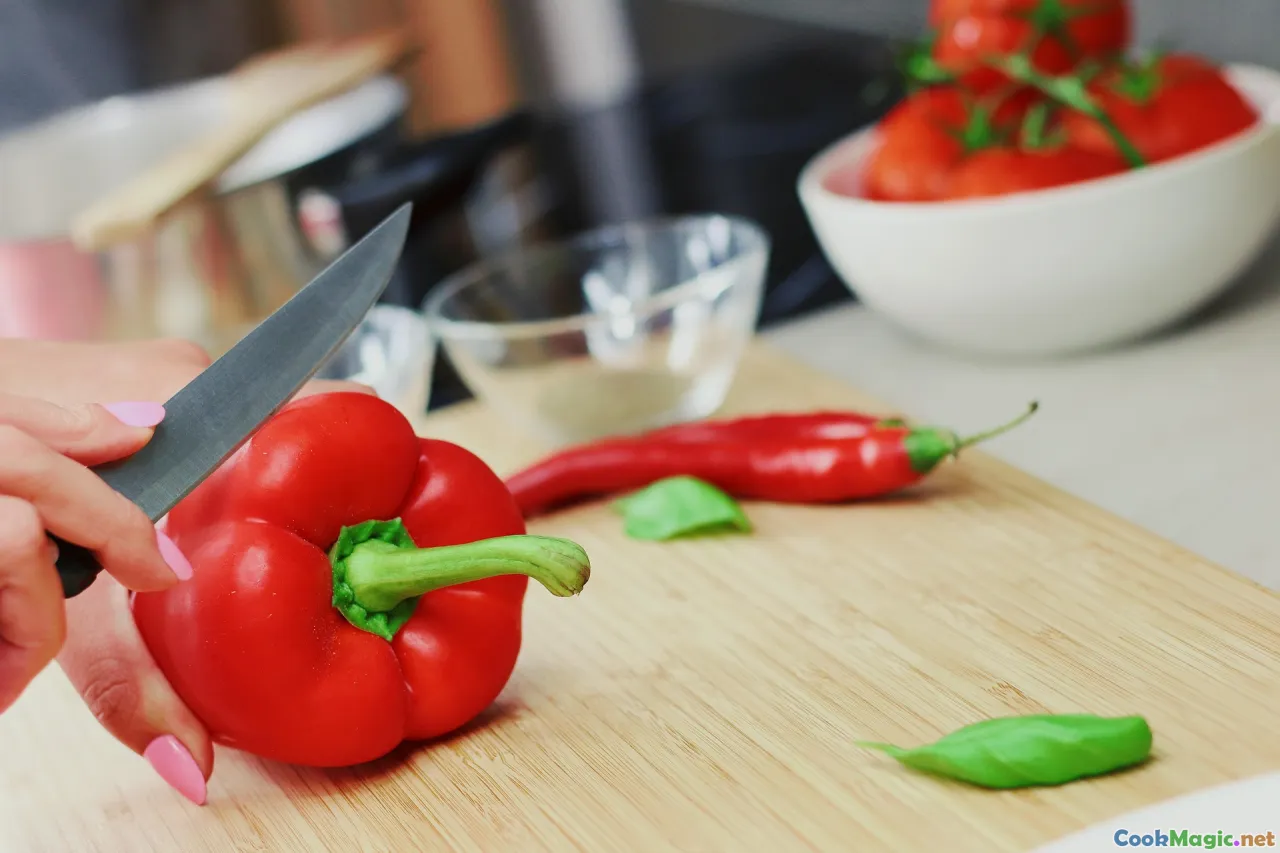
Bosanski Punjenih Paprika (Bosnian Stuffed Peppers)
Imagine bright green peppers generously filled with a fragrant mixture of rice, tomato, herbs, and occasionally, crispy vegetables. Baked to tender perfection, these peppers burst with savory juices and comforting warmth. Often served during family gatherings or festive occasions, they exemplify how simple ingredients can create profound flavors.
Vegetables and Herbs in Pita (Bosnian Pite)
Bosnian pite, a flaky pastry layered with various fillings, can be entirely vegetarian—filled with spinach, potatoes, pumpkin, or herbs. The dough itself, delicate yet resilient, encloses a hot, flavorful interior that pairs beautifully with a dollop of yogurt or a side salad.
Jela od Povrća (Vegetable Stews)
A staple comfort food, vegetable stews combine seasonal produce—carrots, zucchini, eggplant, green beans—in a slow-cooked, aromatic broth infused with garlic, onions, and paprika. Served with warm lepinja (flatbread), these stews evoke homely warmth and nostalgic memories.
The Role of Legumes and Grains: Heart and Soul
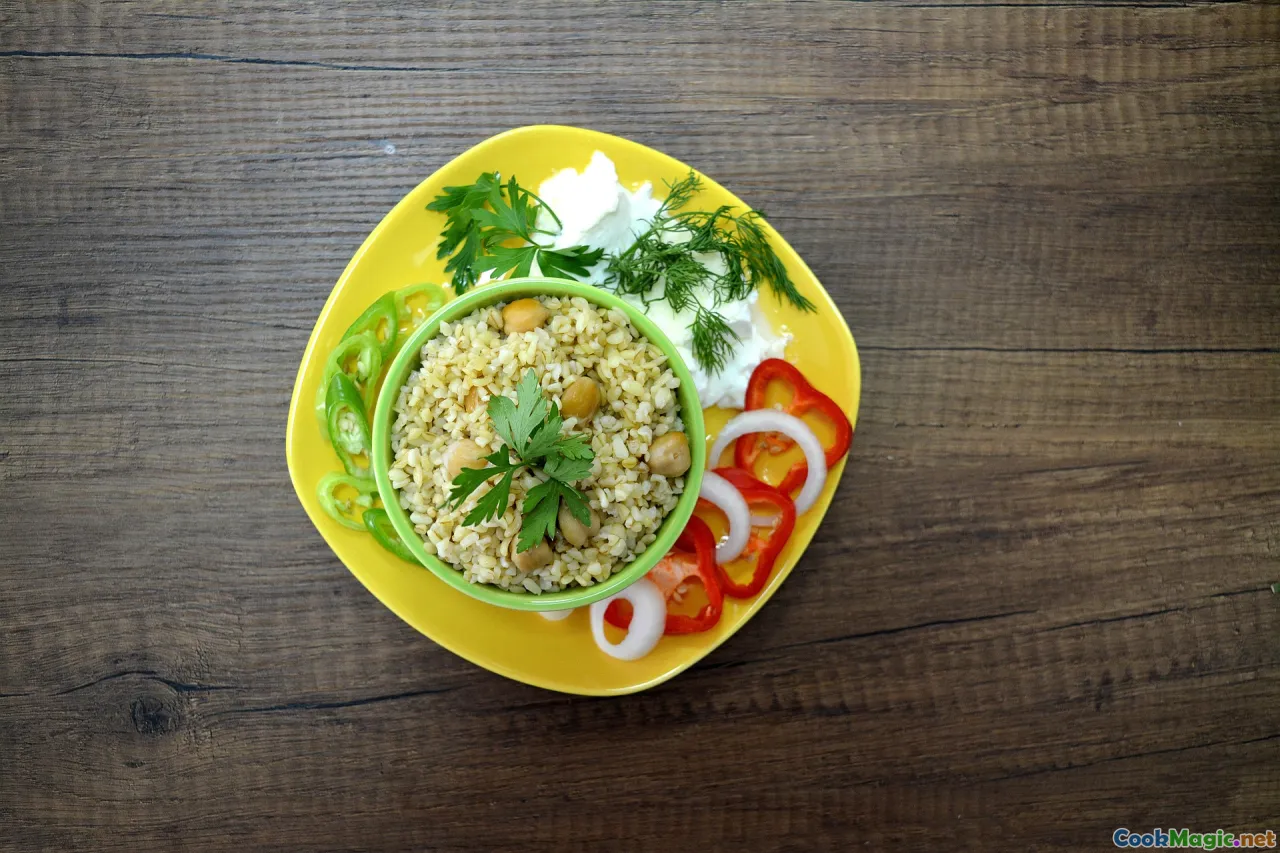
Lentils, chickpeas, and beans are integral to Bosnian vegetarian meals—not only for their nutritional value but also for their adaptability and rich, earthy flavors. Stews like Čorba od Leće (Lentil Soup) are simmered with carrots, potatoes, and fragrant spices, creating a thick, hearty dish reminiscent of Bosnian soul food.
Bulgur wheat and rice are often used as side dishes or stuffed into vegetables. The use of locally grown grains highlights an age-old tradition of sustenance and resourcefulness.
Herbs and Spices: Flavoring with Meaning

Bosnian cuisine boasts an abundant use of fresh herbs—parsley, dill, mint—to brighten and elevate vegetable dishes. Dried sumac and paprika lend smoky or tangy notes, while wild mountain herbs occasionally find their way into teas and salads.
In many homes, herb gardens are a cherished aspect of daily life, offering a connection to land and tradition. Using herbs not only enhances flavor but also symbolizes hospitality and respect.
Modern Takes and Fusion: Contemporary Vegetarian Bosnian Cuisine

Today’s culinary landscape in Bosnia embraces innovation. Chefs incorporate age-old dishes with contemporary techniques, resulting in refined vegetarian options that appeal to global palates while honoring traditional flavors.
For example, vegan-friendly fusion dishes might feature grilled vegetables with za'atar, or earth-toned risottos flavored with Bosnian herbs. Restaurants in Sarajevo and Mostar now offer creative plant-based menus, reflecting a broader shift toward sustainable eating.
Seasonal and Local Markets: The Bounty of Bosnian Seasons
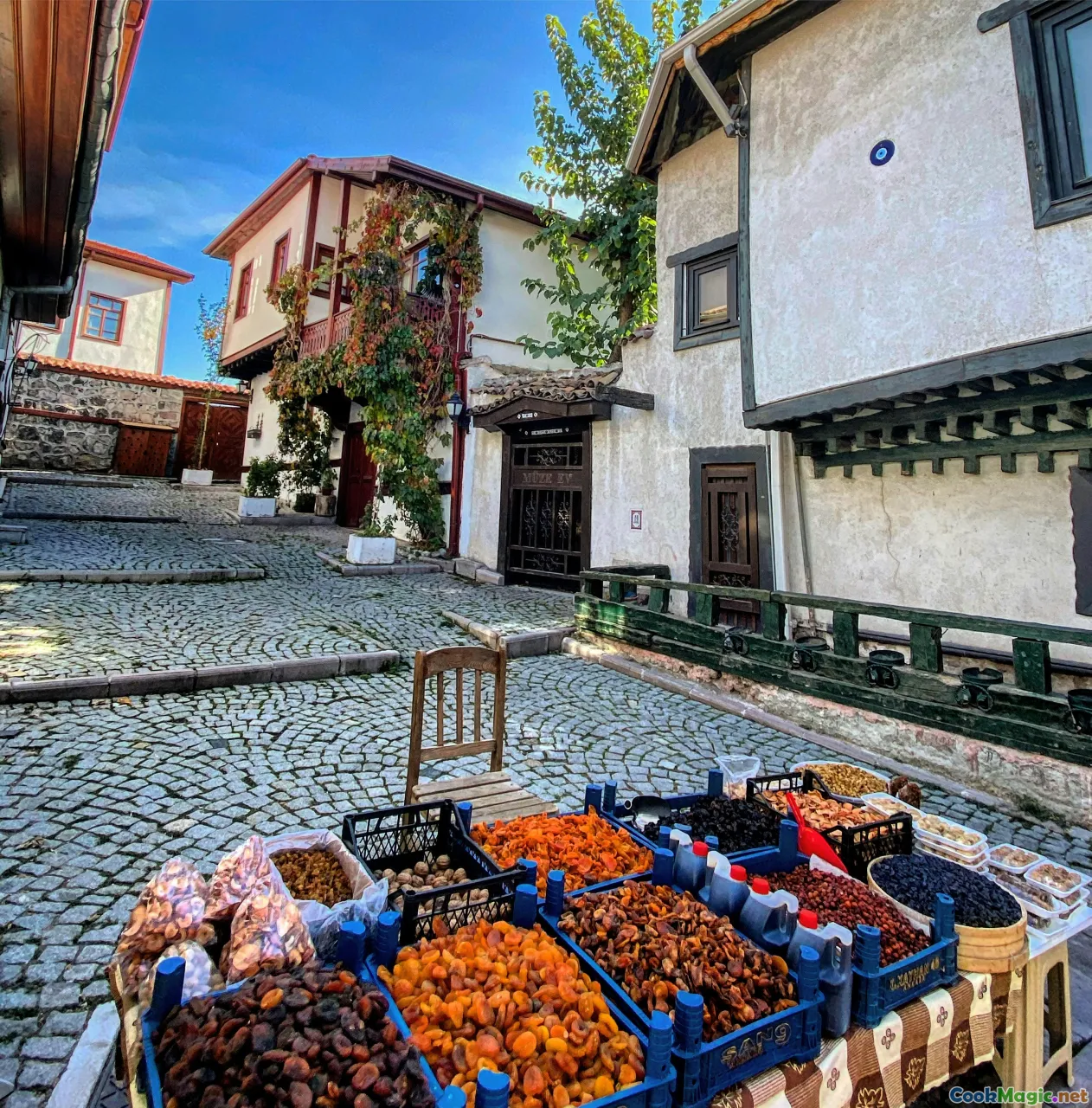
Bosnian markets are treasure troves of seasonal vegetables and herbs—plump tomatoes, glossy eggplants, pungent garlic, and freshly picked greens—all available in vibrant, bustling markets from spring to autumn.
Exploring these markets not only inspires the home cook but also immerses visitors in the local rhythm. A visit to the Pijaca (market) in Sarajevo or Mostar is a sensory adventure—smells of fresh basil dancing with the earthy aroma of root vegetables, bright colors of peppers and zucchinis, and the convivial chatter of vendors.
Seasonal Recipes and Celebrations
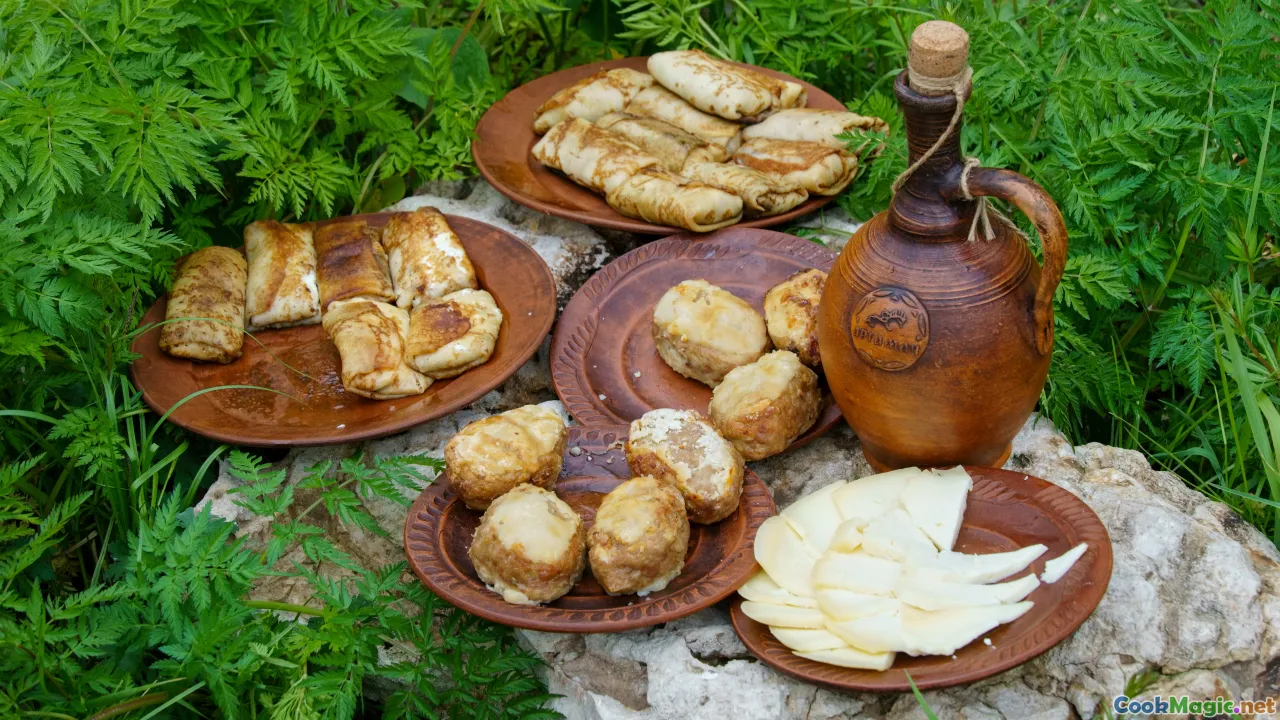
Bosnians celebrate seasonal changes with special dishes that often highlight vegetarian ingredients. During spring, dishes feature young greens and fresh herbs; in autumn, hearty pumpkin and late harvest vegetables take center stage.
Festivals and family gatherings emphasize collective cooking—mom’s layered pumpkin pie, or a table overflowing with stuffed peppers, vegetable pies, and pickled vegetables—all of which foster community and preserve culinary heritage.
Tips for Embracing Vegetarian Bosnian Cuisine at Home
- Start with Fresh, Local Ingredients: Sourcing seasonal vegetables and herbs from local markets guarantees vibrant flavors.
- Master Simple Pastry Doughs: Perfecting a flaky, tender phyllo or pie crust opens up endless vegetarian pie possibilities.
- Use Traditional Spice Blends: Incorporate paprika, sumac, and dried herbs to replicate authentic flavors.
- Embrace Preserving Techniques: Try pickling cucumbers or drying herbs to capture seasonal bounty.
- Taste and Adjust: Bosnian cuisine values balance—taste as you go to achieve the perfect harmony.
Whether you’re adding a Bosnian-inspired herb salad or crafting a hearty vegetable pita, integrating these elements into your cooking unlocks a world of vibrant, nutritious, and soul-satisfying vegetarian food.
A Personal Reflection on Vegetarian Bosnian Cuisine
Having traveled through Bosnia, I was struck not just by the resilience etched into its rugged landscapes but by the warmth infused into its food. I still remember the aroma of a simple zucchini and potato pita baking in a village oven—an unpretentious reminder that sometimes, the most humble ingredients cultivate the most profound comfort.
Sharing vegetarian dishes in Bosnia is about more than sustenance; it’s an act of community, tradition, and love. The marriage of herbs, grains, and seasonal vegetables paints a vivid picture of life rooted in harmony with nature’s cycles.
In embracing Bosnian vegetarian delights, one taps into a centuries-old narrative—one of resourcefulness, patience, and reverence for the land. It’s a cuisine that invites exploration, offering layers of flavor that reward those willing to listen to its subtle stories.
So next time you seek a culinary adventure—or simply a nourishing meal—consider looking beyond the traditional meats. Bosnian vegetarian dishes beckon with their rustic charm, bursting with stories, history, and the pure joy of fresh ingredients, waiting to be discovered in your own kitchen.









